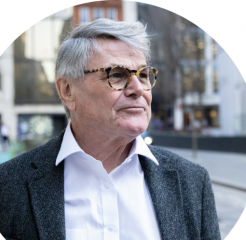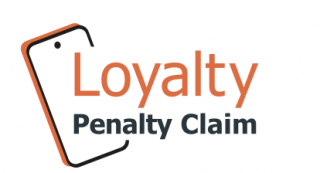

Mobile networks are facing a collective claim of more than £3 billion for allegedly overcharging customers for handsets beyond their contractual terms.
Consumer rights advocate Justin Gutmann and law firm Charles Lyndon, have initiated class action proceedings against Vodafone, EE, Three, and O2 in a case they have called the “Loyalty Penalty Claim.”
Gutmann is authorised by the Competition Appeal Tribunal as a class representative and is seeking compensations for customers whicH could reach up to £1,823 for Vodafone customers, £1,101 for EE users, £1,817 for Three subscribers, and £1,178 for Virgin Media O2 customers, including simple interest.
Virgin Media O2 has been at the forefront of accusing other networks of charging for handsets once airtime contracts have lapsed.
A spokesperson said
“To date there has been no contact with our legal team on this claim. However, we are proud to have been the first provider to have launched split contracts a decade ago which automatically and fully reduce customers’ bills once they’ve paid off their handset.
“We’ve long been calling for an end to the “smartphone swindle” and for other mobile operators to stop the pernicious practice of charging their customers for phones they already own.
“We’ve actually been campaigning on the issue of smartphone overpayments since May, and have published analysis on how smartphone overpayments are impacting consumers. We’ve even built an online overpayment calculator hat shows customers of any network if they have indeed been overcharged for their device.
“O2 has been offering split contracts for over a decade which mean airtime and handsets are charged for separately. As soon as the handset loan is repaid, customers will not make any further payments for their device, therefore seeing a reduction in their overall bill. At that point, they’ll only pay for what they use – their data, minutes and texts.
“We are also the only operator to automatically and fully reduce bills for our direct bundled customers. These customers also receive a reduction on their bill once their handset is paid for at the end of their minimum term. Our competitors do not do this for their bundled customers”.
The class action covers consumers who purchased mobile contracts inclusive of device and airtimE
EE also disputed the premise of the claim.
An EE spokesperson said “ We strongly disagree with the speculative claim being brought against us. EE offers a range of tariffs and a robust process for dealing with end of contract notifications. The UK mobile market is highly competitive space with some of the lowest pricing across Europe.”
Gutmann. who is also leading the case against Apple for alleged throttling of iPhones claims mobile operators have collectively overcharged on approximately 28.2 million contracts, They seeking damages of at least £3.285 billion. Individuals who held contracts with multiple operators could potentially claim even higher compensations.

The claim argues customers were charged the same rates despite having paid off their phones and paying more than new customers for similar services.
The class action covers consumers who purchased mobile contracts inclusive of device and airtime and contends that operators failed to adjust charges after the contract expired.
The class action is based on an “opt-out” model, and includes most customers making payments post-contract term expiration unless they choose to opt out. A dedicated Loyalty Penalty Claim website has further details.
The case follows a super-complaint from Citizens Advice to the Competition and Markets Authority in 2018. The CMA found the ongoing charging practice unfair and frustrating for consumers.
Gutmann, emphasising the impact on hardworking families, stated, “It’s time they were held to account,” highlighting the need to stop these firms from exploiting loyal customers.
Charles Lyndon is a litigation firm specialising in high-profile claims before the Competition Appeal Tribunal. Their expertise lies in class action and competition law cases within the collective proceedings regime.










